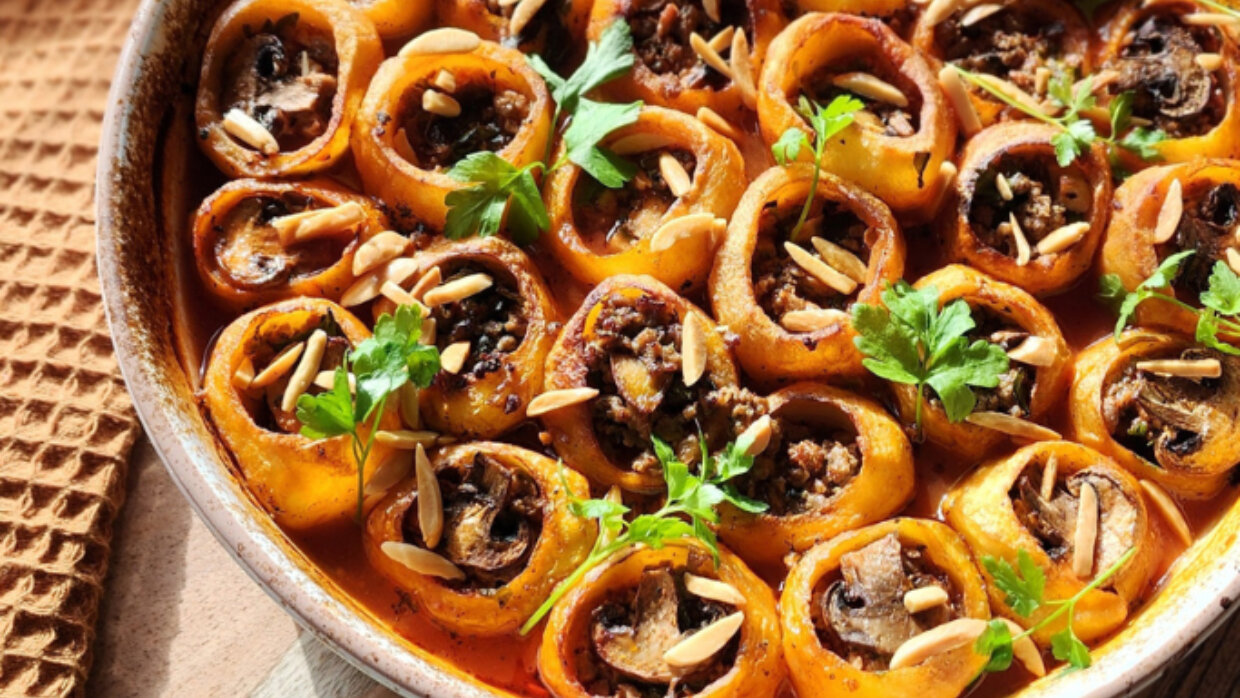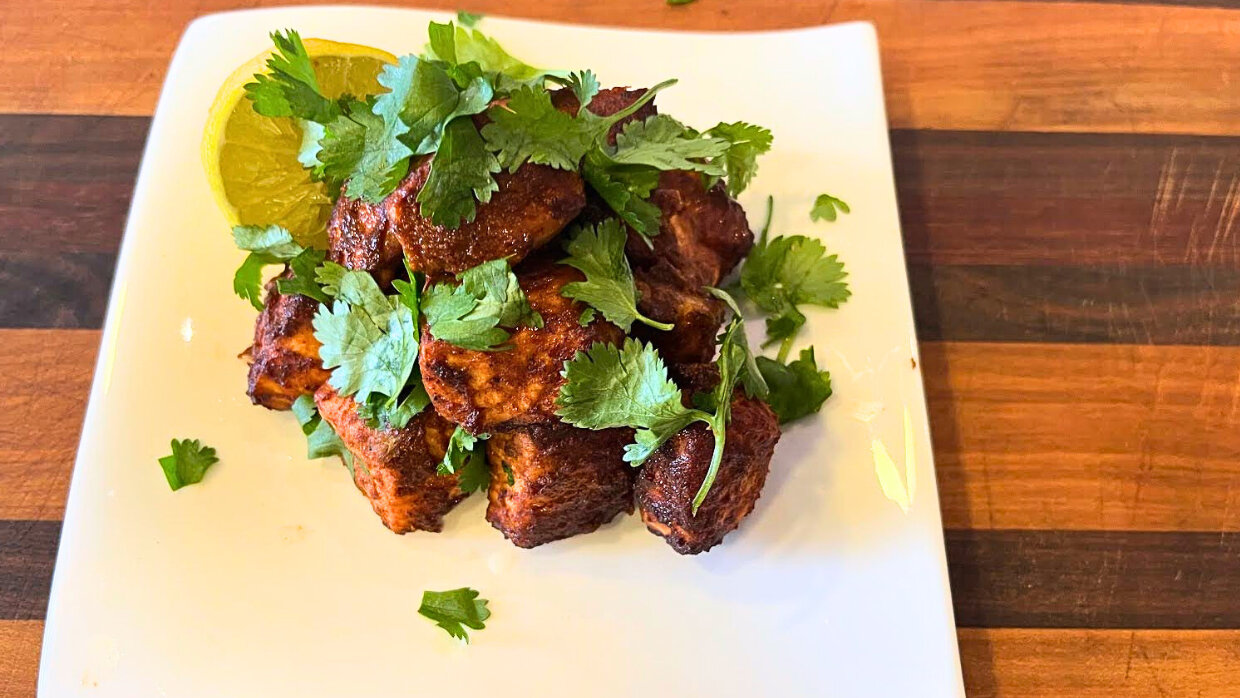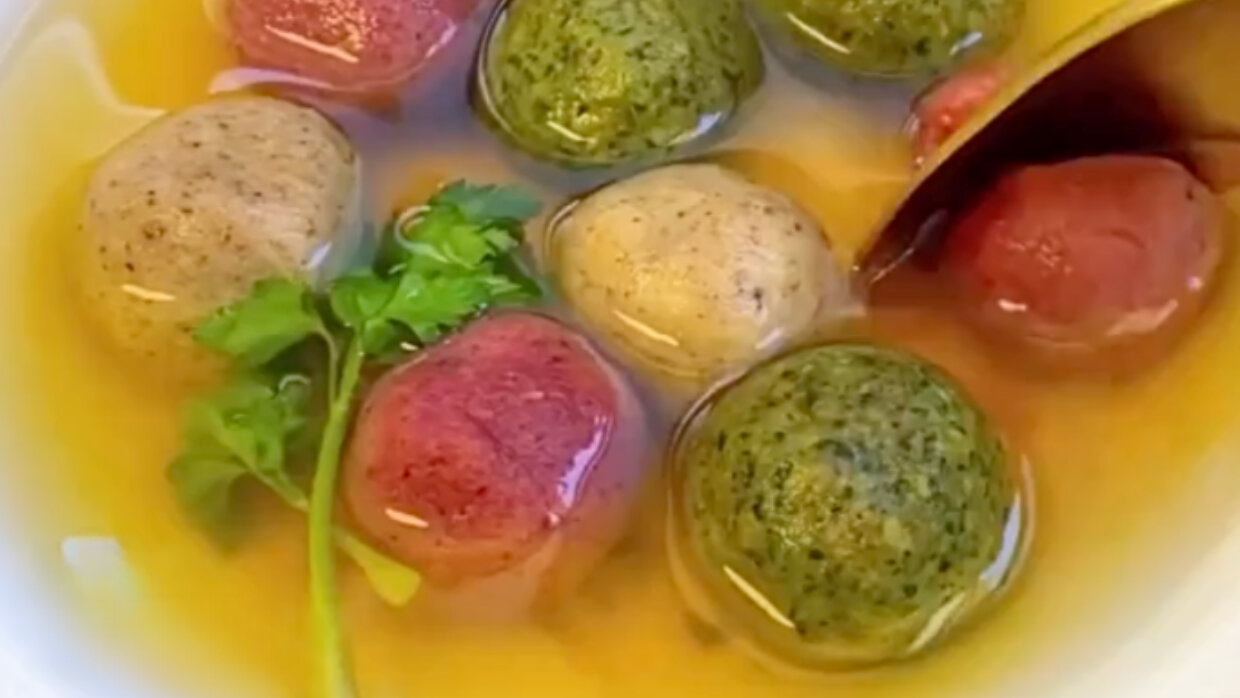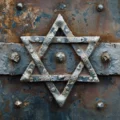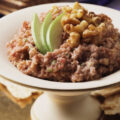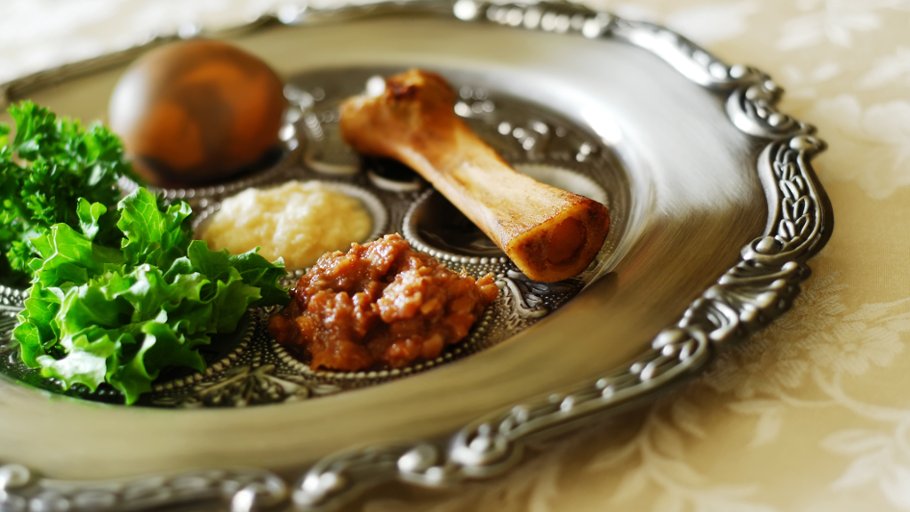Let’s face it, most people don't like fasting. Especially in our modern world of abundant food and endless snacks between three square meals, it’s a serious challenge for most people to go an entire day without eating or drinking.
That's why Judaism reserves fasting primarily for days of mourning, as the difficulty of the fast helps us to get into the “right mindset” to feel the intensity and sadness of past calamities and tragedies that our people have experienced throughout our long history.
But there is one fast day in the Jewish calendar that is actually all about joy and happiness.
Yes you read correctly, there is one day in the year that we don't eat or drink for an entire day in order to help us experience the greatest joy possible.
That day is Yom Kippur.
The Talmud actually describes Yom Kippur as one of the happiest days of the year. Now that probably doesn't line up with most people's personal experiences of Yom Kippur: the long prayer services, the growing hunger pains, and the waiting and waiting to hear the shofar blast at the end of the day that signals a return to eating.
But that's because Yom Kippur isn’t really about what most people think it’s about.
This holiest of days is often perceived as a day of worry and trepidation, beating ourselves up for all the wrong that we've done during the past year. On Yom Kippur, many people feel guilty and bad in order to show God just how much they want to be a better person.
But when we probe deeper into the true essence and character of this day we see that Yom Kippur is not about fear and it's not about guilt. At all.
Then what is Yom Kippur about and what makes it such a lofty day?
The answer is found in how the Torah describes Yom Kippur:
“For on this day He will forgive you, to purify you, that you be cleansed from all your sins before God.”
On Yom Kippur we go through a spiritual cleansing of all of our wrongdoings of the previous year. As I heard one rabbi describe it once, Yom Kippur is like a car wash for the soul! After 25 hours we come out sparkling clear!
But seriously, Yom Kippur is a time to experience a reset and a chance to start all over again.
Yes, of course we need to be honest with ourselves about the mistakes we’ve made and the things we shouldn't have done. And yes we need to make amends with those people we may have wronged or hurt.
But one of the most powerful and essential lessons of Yom Kippur is that we are not bound nor defined by our past mistakes, missed moments and bad decisions. On Yom Kippur God gives us the greatest gift of all: forgiveness. And that forgiveness comes with a clean slate with which to begin the new year with confidence and motivation to be our best selves.
So why then the fasting?
Normally Judaism is all about infusing the physical with the spiritual. Bringing heaven down to earth, but not leaving earth behind. Showing us how to make the everyday holy and special and not retreating from the world.
But once a year on Yom Kippur, and only on Yom Kippur, as our souls are getting cleansed and purified, we are permitted to and even instructed to immerse ourselves completely in the spiritual. To leave the physical behind and focus entirely on our souls, striving to reach a heightened spiritual state that is difficult if not impossible to experience any other time of the year.
On Yom Kippur we become like the angels, in need of no food or drink and sustained purely and directly from the spiritual essence of the day. So on Yom Kippur it’s less about “We’re not allowed to eat” and more about “Who needs to eat?”
One Yom Kippur I was praying at a synagogue that is well known for incorporating lots of singing and dancing into their prayer services. But on Yom Kippur I figured the dancing would be left over in order to conserve energy during the fast.
But that wasn’t the case.
Throughout the day there were moments of full-on dancing, our bodies fueled by the powerful spirit of the day. Even at the very end of Yom Kippur, when the fast was technically over, we continued to dance with great joy and intensity, as if our bodies had all the energy in the world.
This reminds me of my own wedding day when I danced all night and ate absolutely nothing.
Before the wedding I didn't eat in line with the Jewish custom of a bride and groom fasting on their wedding day (which is considered their own private Yom Kippur).
But even after the wedding ceremony, and despite the large amounts of delicious food being served to our guests, I still ate nothing. I was so deeply immersed in the intense joy and celebration of my wedding day I simply forgot to eat. It wasn't that I didn't have a chance to eat, the thought of eating didn’t even cross my mind. And because of the elevated spiritual state I was in I felt no need to eat.
The same goes for Yom Kippur. This is not a mournful fast like the one that commemorates the destruction of the Temple in Jerusalem and other Jewish tragedies.
The fast of Yom Kippur helps us to be fully open to the spiritual elevation that we uniquely experience on Yom Kippur and for one day of the year become like angels, more spiritual than physical, and allow ourselves to really experience the joy of fasting.








